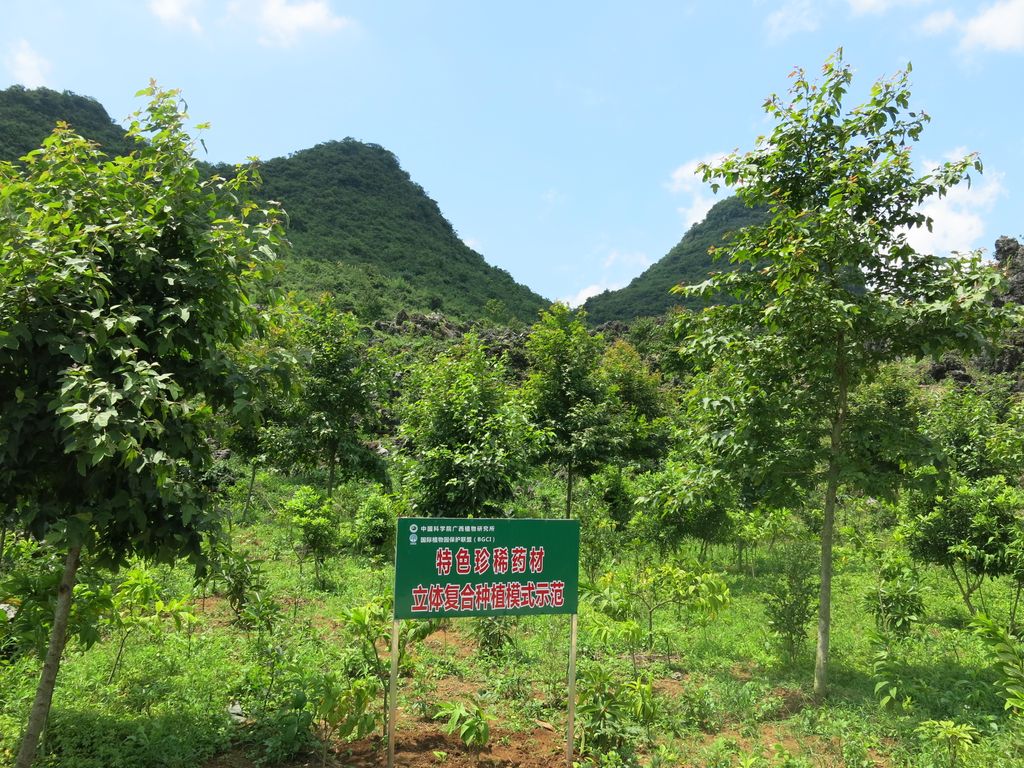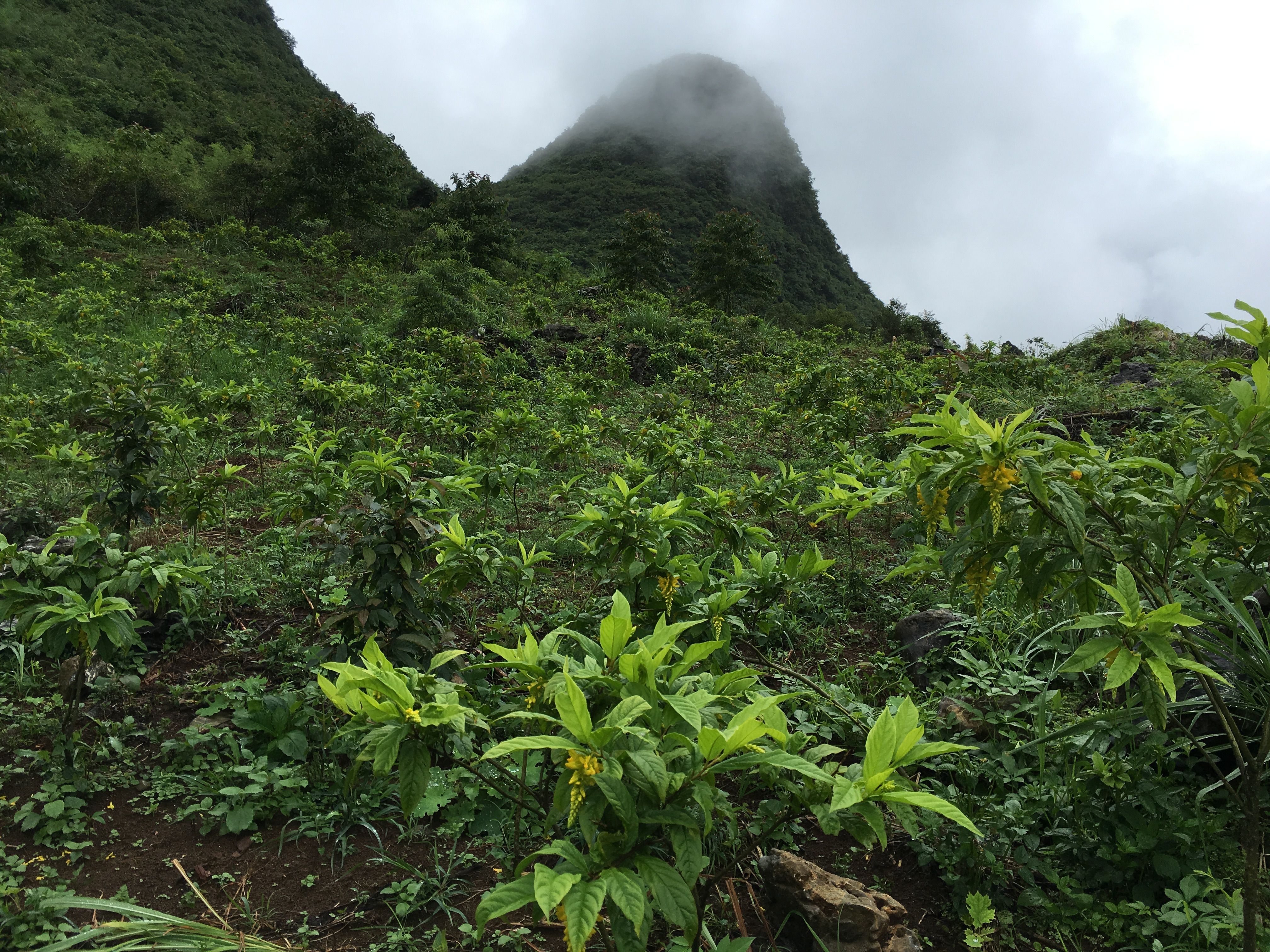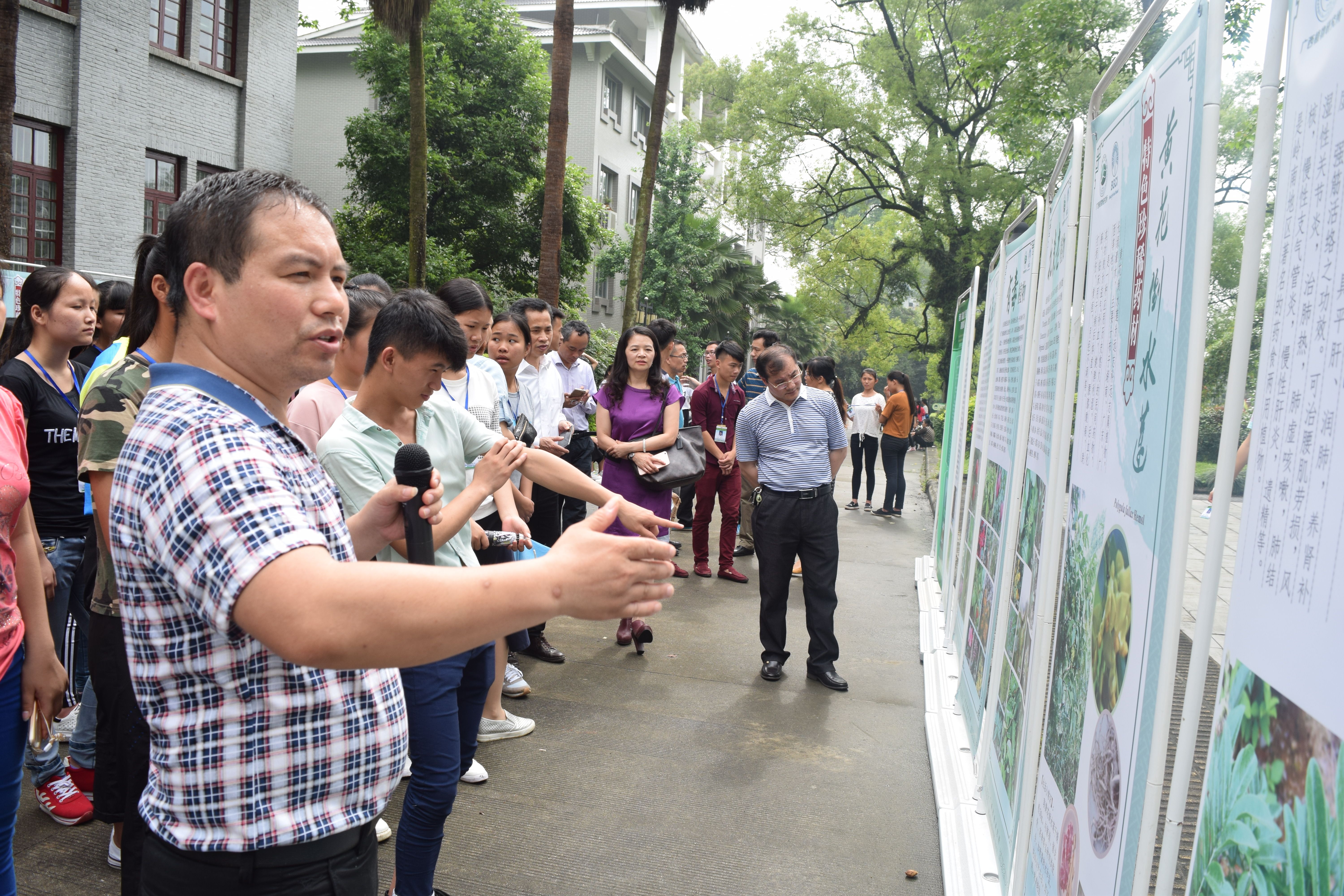Restoration of a unique karst landscape

-
Status of project
Ongoing -
Region
Asia -
Country
China -
Topic
Ecological Restoration
Guangxi Zhuang Autonomous Region (GZAR) ranks as one of China’s top three administrative territories in terms of the wealth in plant and animal diversity, besides Yunnan and Sichuan provinces. GZAR boasts more than 4,000 species of higher plants, half of which are of immediate socio-economic relevance given their use in herbal medicine. The region is also world-renowned for its unique karst landscapes, which host major areas of tropical limestone seasonal rainforest, and subtropical broadleaved evergreen and deciduous forest.
The area is a national and regional priority for biodiversity conservation as demonstrated by a considerable number of restoration and protected area initiatives in recent years. However, ineffective management, limited technical capacity and lack of land use alternatives for rural communities, continue to favour indiscriminate exploitation of natural resources, habitat degradation, fragmentation and loss.
The goal of this three-year project is to test practical restoration techniques in a karst area of northeastern GZAR marked by high levels of poverty and severe land degradation. Working with local communities and the authorities from Taitang village, Limu township, Gongcheng county, propagation, cultivation and planting of native species will be enhanced and evaluated in terms of their potential for larger-scale revegetation of hilly karst areas, and the opportunities they present to improve the livelihoods of the local communities.

Karst restoration site

Public awareness event
Project activities include:
- Propagating and planting target species at the nursery near Taitang village and at the restoration site
- Providing training to local farmers in propagation, cultivation and harvest techniques of important native medicinal plants which have great potential to generate an additional source of income
- Distributing technical guidance briefs, illustrating how to cultivate the target medicinal species to local farmers and other interested parties
- Organising public outreach activities to promote karst ecosystem restoration.